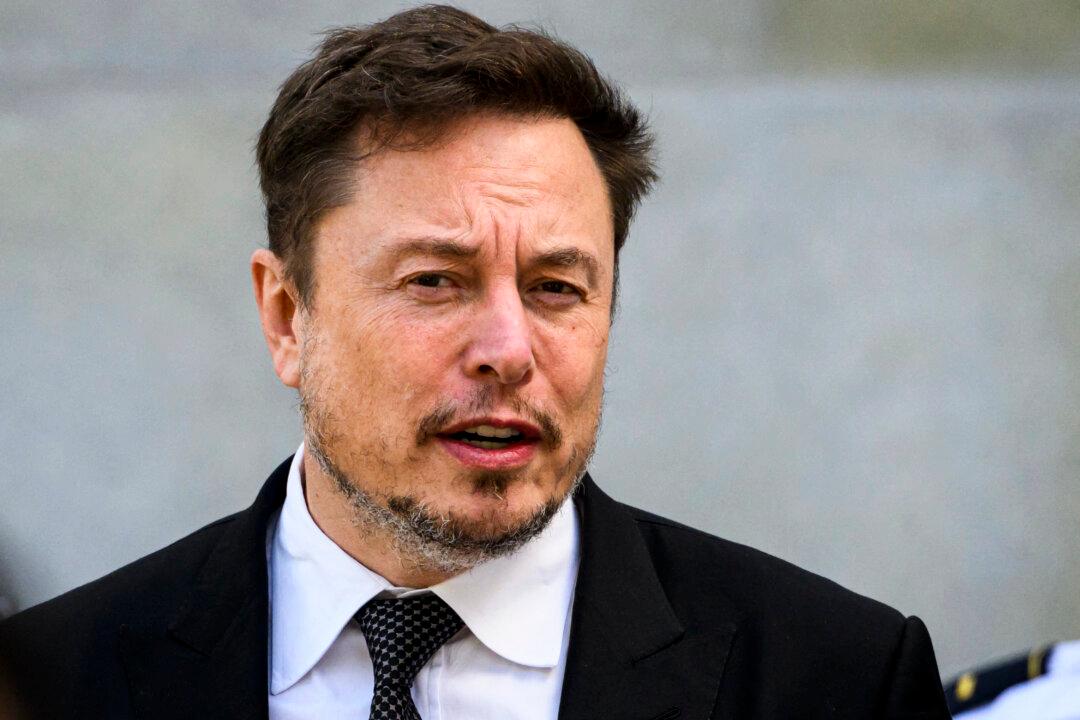Commentary
World’s richest billionaire and Twitter/X impresario Elon Musk threatened to slam on the brakes on his corporate lovechild, the electric vehicle pioneer Tesla, unless he was given a much bigger stake in the control he sold off to be able to buy the social media giant. That elicited the charge from big Tesla investor Ross Gerber of Gerber Kawasaki that Mr. Musk was “delusional,” since he still “fully controls the board.”





